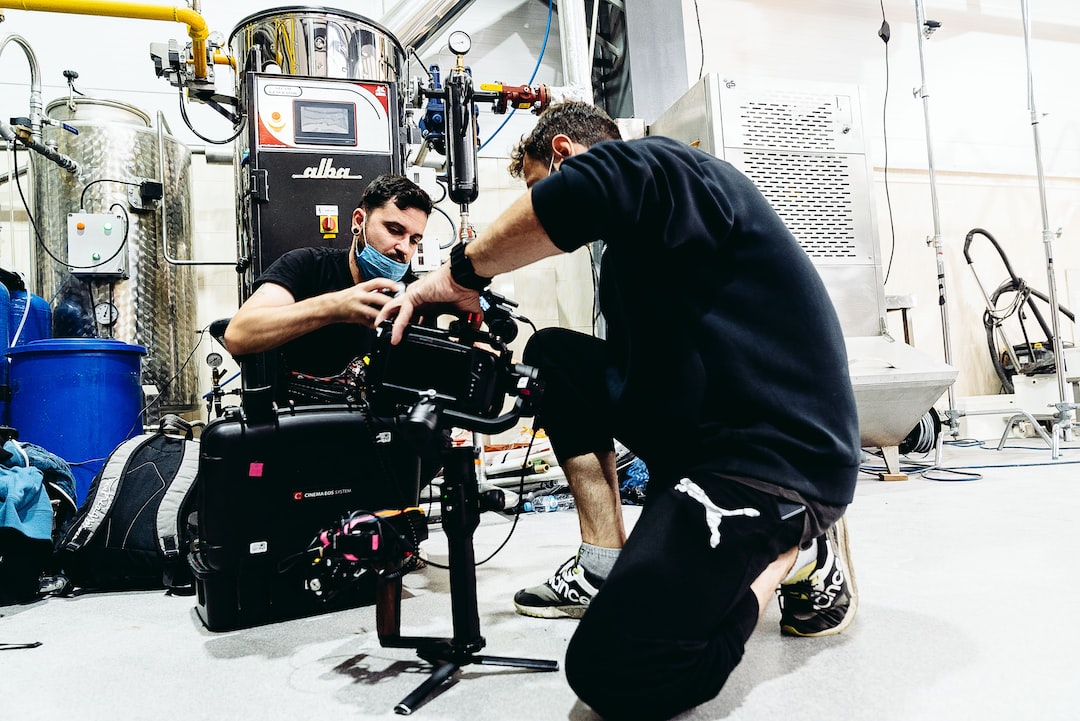Lean Manufacturing: Maximizing Efficiency and Eliminating Waste
In today’s ever-evolving business landscape, companies across all industries are constantly seeking ways to improve their operational processes and maximize efficiency. One methodology that has gained significant traction is Lean Manufacturing. It is widely regarded as an effective approach for streamlining production processes while eliminating waste and maximizing value.
What is Lean Manufacturing?
Lean Manufacturing, also known as Lean Production or simply Lean, is a systematic approach to managing operations, which focuses on eliminating waste in all forms. It was first popularized by Toyota in the 1930s and has since been embraced by numerous organizations around the world. At its core, Lean Manufacturing seeks to deliver the right products, in the right quantities, at the right time, all while minimizing waste and optimizing efficiency.
The Principles of Lean Manufacturing
There are several key principles that underpin Lean Manufacturing. These principles act as a roadmap for organizations to follow while implementing Lean practices:
1. Identify Value: The first step in Lean Manufacturing is to identify the value from the customer’s perspective. This means understanding what aspects of the product or service truly bring value to the customer and aligning production processes accordingly.
2. Map the Value Stream: Once value has been identified, the next step is to map the value stream, which includes all the steps required to create and deliver the product or service. This process allows organizations to identify areas of waste and potential improvements.
3. Create Flow: The goal of Lean Manufacturing is to create a seamless flow of products and services by eliminating bottlenecks and minimizing interruptions. This can be achieved by optimizing workflows, reducing setup times, and implementing effective communication channels.
4. Establish Pull: Instead of pushing products or services onto the market, Lean Manufacturing emphasizes the importance of establishing a demand-driven system. This means producing goods or services only when they are needed, reducing inventory levels, and avoiding overproduction.
5. Pursue Perfection: Lean Manufacturing is a continuous improvement journey. Perfection may never be fully achieved, but it remains the ultimate goal. Organizations should strive to constantly evaluate and refine their processes, eliminating waste and inefficiencies wherever possible.
Benefits of Lean Manufacturing
Implementing Lean Manufacturing practices can bring numerous benefits to organizations:
1. Increased Efficiency: By eliminating waste, Lean Manufacturing optimizes processes, reduces lead times, and increases throughput. This translates into improved productivity and greater operational efficiency.
2. Cost Reduction: Lean Manufacturing helps organizations identify and eliminate unnecessary expenses, such as excess inventory, overproduction, or overprocessing. It leads to significant cost savings and increased profitability.
3. Improved Quality: Lean Manufacturing focuses on delivering value to the customer. By identifying areas of waste and inefficiency, organizations can address quality issues and deliver products and services of higher quality.
4. Enhanced Employee Engagement: Lean Manufacturing promotes a culture of continuous improvement. By involving employees in the evaluation and improvement of processes, it fosters a sense of ownership and engagement, leading to a more motivated workforce.
Challenges in Implementing Lean Manufacturing
While Lean Manufacturing offers significant benefits, its successful implementation can be challenging. Some common challenges organizations face include the following:
1. Resistance to Change: Implementing Lean Manufacturing often requires a cultural shift within an organization. Resistance to change among employees can impede progress and hinder successful implementation.
2. Lack of Leadership Support: For Lean Manufacturing to be effective, it requires strong leadership support and commitment from all levels of management. Without this support, it can be challenging to sustain the necessary improvements.
3. Unrealistic Expectations: It is crucial to set realistic expectations when implementing Lean Manufacturing. It may take time for the benefits to be fully realized, and organizations need to maintain a long-term perspective.
In conclusion, Lean Manufacturing represents a powerful approach for maximizing efficiency and eliminating waste in operational processes. By embracing the principles of Lean Manufacturing and continuously improving their workflows, organizations can enhance productivity, reduce costs, improve quality, and create a culture of continuous improvement. However, it is important to acknowledge the challenges and approach implementation with a thoughtful and committed mindset. With the right strategies and support, Lean Manufacturing can be a transformative force in driving operational excellence.

